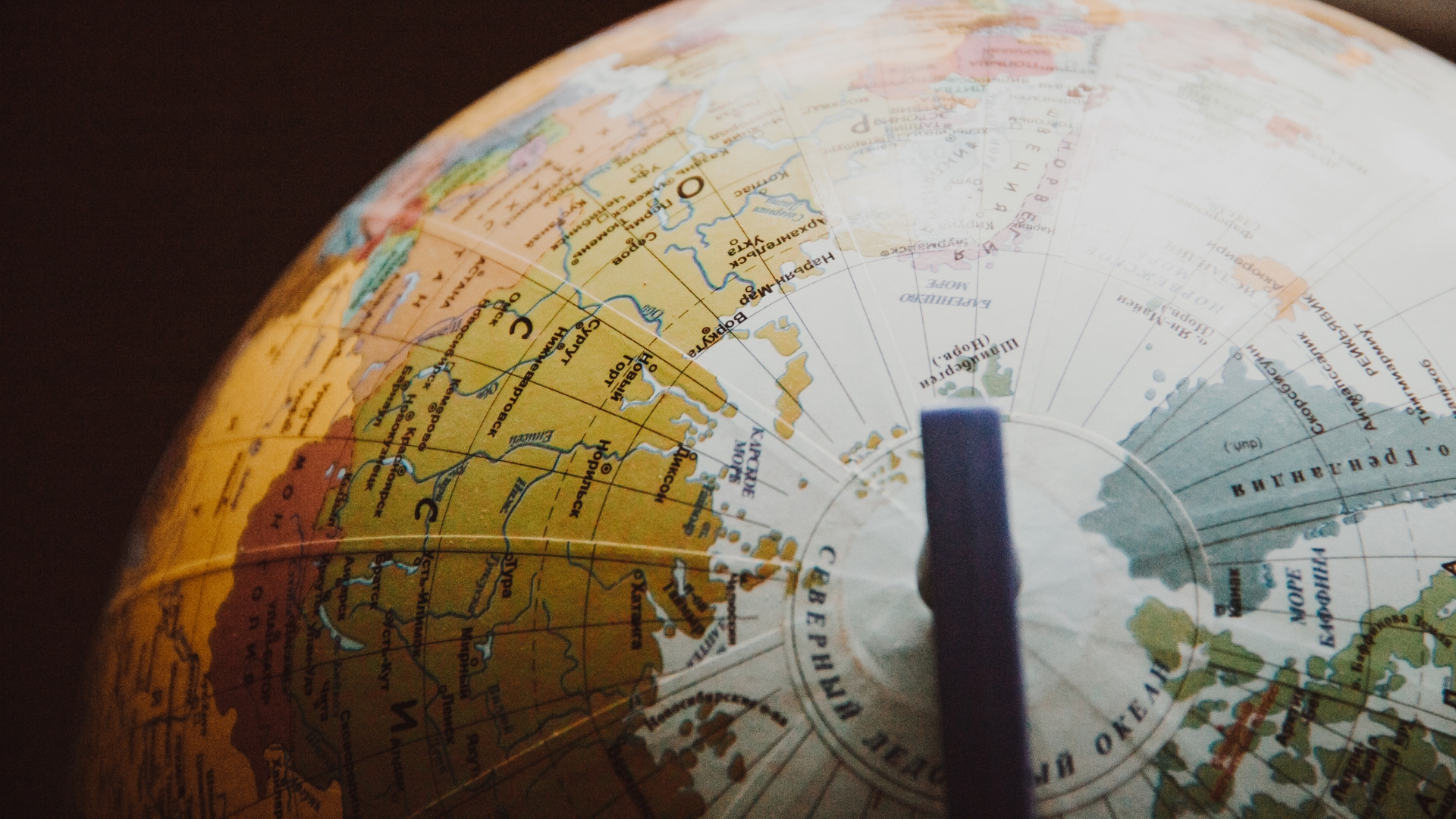The impact of wars on climate and international trade.
.jpg)
6 Things You Need to Know About... The impact of wars on climate and on international trade.
This has far more consequences than one might imagine.
Barely out of a three-year pandemic, we are at the dawn of 56 armed conflicts in the world and we will soon have to assume a debt that we will not be able to pay. Slate will not only be economical, but also environmentally friendly.
The time has come to take stock of the consequences that conflicts have on global warming and on turnover.
What do we need to know about their impact, both on our bank accounts and on environmental resources, and how can major risks be contained?
Here are the six things you should not leave out of sight.
Environment
The impact of wars on soil and water resources
The materials that make up explosive devices, ammunition, the weapons themselves and, now increasingly used, drones, are substances that continue to be polluting throughout their life cycle. From production, using synthetic materials and heavy metals such as lead and mercury (of which even the lowest impact is brain injury), to fighting, where they contaminate soils and groundwater, harming agriculture and livestock. In addition, unexploded ordnance (UXO) makes floors impractical for any activity for decades or even centuries.
CO2 emissions
All land and air vehicles, military equipment, and transport ships require the consumption of huge amounts of fuel, leading to massive emissions of CO2 into the atmosphere. Each explosion produces large quantities of dust and gases that pollute the air and are carried by the winds. Even military activities in peacetime alone have significant effects.
It's a vicious cycle.
Conflicts, and everything they involve, cause environmental damage. But at the same time, the environmental consequences of wars in turn generate tensions. Unusable soils prevent agriculture and livestock farming, leading to increased customs duties and commodity costs due to the lack of internal production. All of this creates a chain of effects that behaves something like this: environmental damage → tension → armed conflict → environmental damage.
Forex
The risk of breaking commercial chains
Wars have often had and continue to have an impact on supply chains and international exchanges. In general, conflicts cause disruptions in trade. When cultivation and extraction dwindle during wartime, Oil prices, gas and raw materials agricultural crops are increasing. Protectionist trade policies intervene, which often hamper trade in addition to generating monetary instability.
Military spending
Global military spending hit a new record in 2023, reaching $2.2 trillion according to the IISS, International Institute of Strategic Studies, a global defense and security think tank. NATO member states accounted for over 50% of this figure.
Obviously, this proves that to be undermined is not only the stability of countries directly affected by the war, but also of states “in the middle”. As a result, local currencies may weaken, burdened by military and logistical costs. Which brings us directly to the next point.
The race for safe havens
“During the Russia-Ukraine conflict in 2022, the USD and CHF appreciated significantly as investors sought refuge from market risk” affirm the statistics of the OECD of 2022. Why? In times of uncertainty, investors are moving their capital to safe haven currencies like the American dollar (USD), the Swiss franc (CHF), and the Japanese yen (JPY). These currencies are supported by stable governments and generally robust economies, which naturally makes them very attractive to the general public.
In short, war is bad. But you didn't need Keewe to know that, did you? However, here are our suggestions to avoid major risks for your businesses and your international exchanges.
- Diversifying suppliers to contain supply disruptions. Not relying on a single supplier is often the best way to avoid interruptions, tariffs, and currency devaluations. This approach is particularly helpful in the event of a trade blockade due to localized conflicts. If there were to be World War III, that would, of course, be a different story.
- Reshoring and nearshoring are choices that not only benefit the wallet in these cases, but also the environment. Bringing production closer and choosing alternative suppliers in the Eurozone by targeting financially stable countries, but also those that generate fewer environmental costs related to logistics.
- Making predictions about possible scenarios is fundamental, and staying up to date is essential in these cases. Read the news, anticipate.
The rules of the game change quickly.




.jpg)
.jpg)

.jpg)